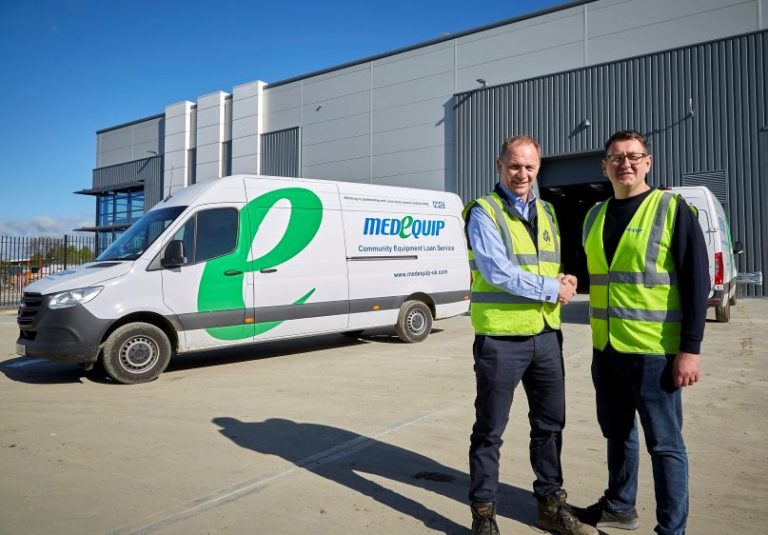Private equity firm GTCR has agreed to acquire JMG Group, a rapidly growing UK-based insurance brokerage, in partnership with existing backer Synova LLP. The transaction is expected to close in Q3 2025.
JMG, headquartered in Leeds, primarily provides insurance and risk management services to SMEs and high-net-worth individuals. Since its launch in 2020, the firm has scaled to over 750 staff and more than £350 million in annual gross written premiums. Its growth has been driven by a buy-and-build strategy, acquiring regional brokerages and enabling them to grow through a centralised support platform.
This investment marks another move by GTCR to deepen its exposure to the insurance sector, following previous deals involving Alliant Resources, AssuredPartners, Premium Credit Limited, and other businesses across the insurance value chain.
The management team at JMG, led by CEO Nick Houghton, will retain a significant equity stake and continue to run the business. The new ownership aims to accelerate JMG’s M&A activity and organic expansion across the UK.
Advisors on the transaction included Morgan Stanley and Jefferies for financial advisory, and Kirkland & Ellis for legal counsel.





















